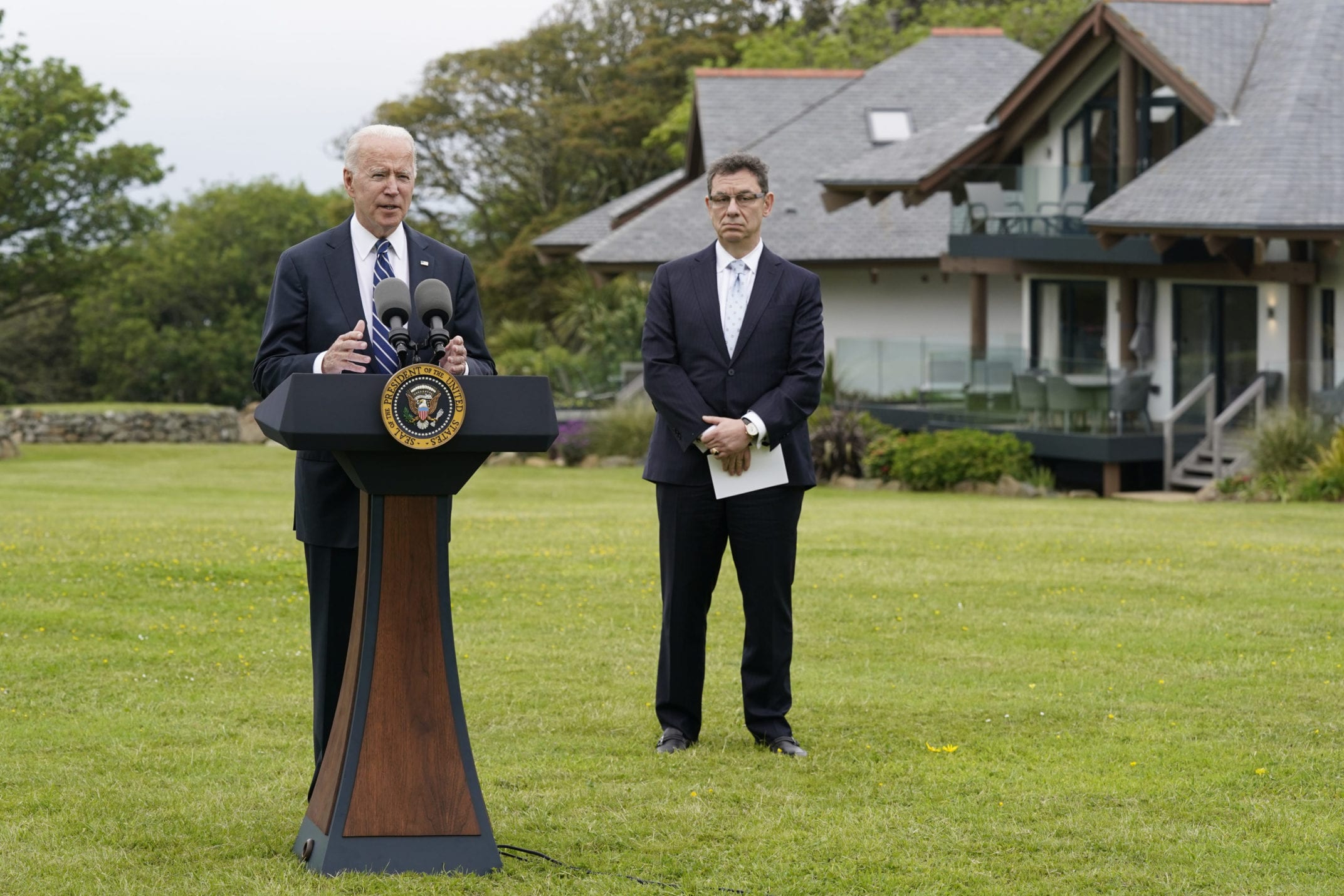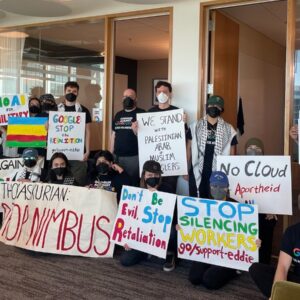With reports this week that more people have died from COVID-19 this year than in all of 2020, the pandemic is far from over.
Today, about one in five people in the world have had one shot or are fully vaccinated. It’s the other 80 percent who need to have shots in short order, and the world’s wealthier nations are being called on to provide more help.
When Friday’s kickoff of the G7 nations’ meeting moves along, the fate of some countries in Latin American, Africa, Asia and the Middle East will be addressed.
President Joe Biden took a step forward on Thursday, pledging 500 million Pfizer doses to be donated to needy countries, leading with the words “our humanitarian obligation” in announcing the plan.
Natalie Quillian, the deputy coordinator of the Biden Administrations COVID response team, told the Times: “We are acting with the same urgency and applying the same whole-government approach that we have applied here domestically.”
In the U.S., Germany, France, U.K., Canada, Japan and Italy, the pandemic has largely been beaten back.
A New York Times story reported that those G7 leaders would likely announce a collective donation of 1 billion shots by the end of 2022.
With a global need for about 10 billion doses, the wealthier countries could push to help vaccinate the rest of the world – and it seems a worthy investment.
With so many excess doses available – purchased by rich countries as a hedge against the vaccines possibly not working well enough – as many as 1-2 billion of those 10 billion doses could go a long way in the fight.
Beyond the excess doses, each additional dose is likely to cost $5 to $7.
“The costs of being in this pandemic are so enormous,” Rachel Silverman of the Center for Global Development told us. “It will be history’s greatest bargain if for $50 to $70 billion we can vaccinate the world and get out of this crisis.”


















Add comment